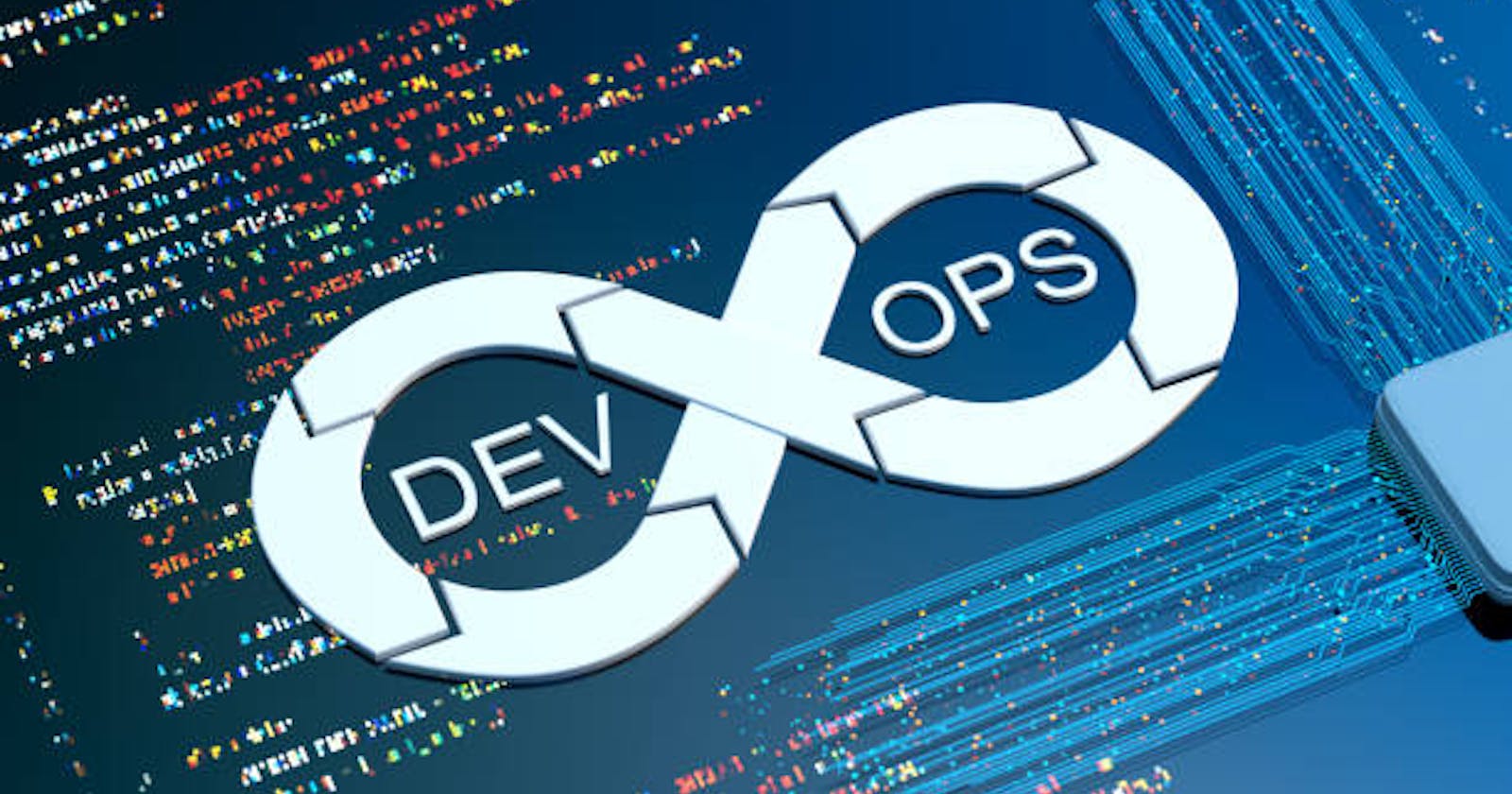Why choose DevOps? Here's why:
Faster time to market through automation and collaboration.
Continuous integration and deployment for rapid and automated releases.
Improved collaboration between development and operations teams.
Enhanced software quality, reliability, and efficient resource utilization.
Scalable, flexible architectures adaptable to changing needs.
Rapid feedback loops, visibility, and transparency.
A cultural shift fostering collaboration, user-centricity, and innovation.
Alignment with business goals and a competitive advantage.
Career growth opportunities and valuable skill enhancement.

What is DevOps?
Collaborative approach merging development and operations teams.
Focus on culture, automation, and continuous improvement.
Accelerate software delivery while maintaining quality.
Break down silos between teams for seamless collaboration.
Automation reduces errors and streamlines manual tasks.
Continuous Integration (CI) and Continuous Deployment (CD) for frequent releases.
Infrastructure managed as code ensures consistency and scalability.
What is automation, scaling and infrastructure?

Automation:
Automation refers to the use of technology and tools to perform tasks, processes, or workflows without requiring manual intervention.
Role in DevOps:
Automation is a cornerstone of DevOps, enabling the elimination of repetitive, error-prone manual tasks. It improves consistency, reduces human errors, and accelerates processes.
Examples:
Automated testing, deployment pipelines, configuration management, and provisioning resources.
Scaling:
Scaling refers to the process of adjusting a system's capacity to accommodate increased workloads or demands.
efficiently. It can be horizontal (adding more machines) or vertical (upgrading existing machines).
Role in DevOps:
Scaling ensures that applications can handle varying traffic loads, maintain performance, and meet user demands. It's crucial for adapting to changes and spikes in usage.
Examples:
Horizontal scaling using load balancers, auto-scaling in cloud environments, and database sharding.
Infrastructure:
Infrastructure encompasses the hardware, software, networks, and resources required to support and operate applications and services.
Role in DevOps: Infrastructure as Code (IaC) is a DevOps practice where infrastructure is managed programmatically using scripts or configuration files. This approach enhances consistency, scalability, and version control.
Examples: Virtual machines, containers, cloud services (like AWS, Azure, GCP), networking components, and configuration management tools.
Why DevOps is Important?

Better teamwork and talking between teams.
Faster software updates with automation and CI/CD.
Better software quality using automatic tests and rules.
Always improving based on user feedback.
Using resources better with Infrastructure as Code.
Easily adjusting to changes in needs.
Less downtime and quicker problem fixing.
Supporting new ideas and safe experiments.
Matching tech plans with business goals.
Happier jobs and more chances to learn.
Staying ahead of competition by being fast and flexible.
